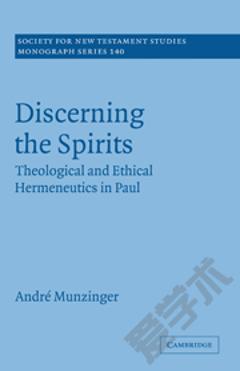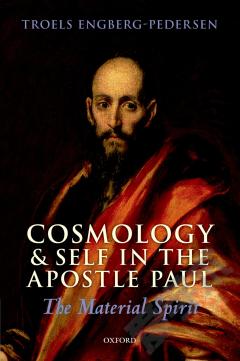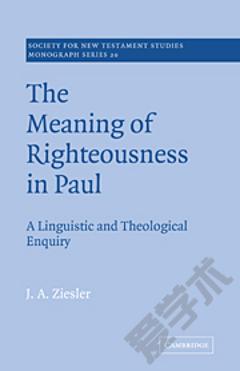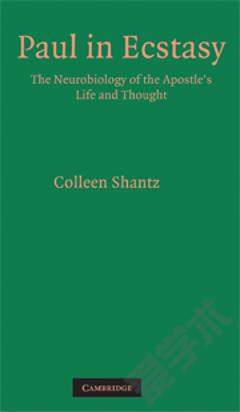Discerning the Spirits: Theological and Ethical Hermeneutics in Paul
How did Paul determine ethical and theological truth? Were all believers expected to be able to 'discern the spirits' (1 Corinthians 12.10)? This 2007 study shows that discernment must be understood against the backdrop of an extensive hermeneutic, by which Paul inherently relates ethical and theological knowledge. Understanding the will of God requires noetic and existential transformation, in short, the 'renewal of the mind' (Romans 12.2). Munzinger argues that Paul implies a process of inspiration in which the Spirit sharpens the discerning functions of the mind because the believer is liberated from a value system dominated by status and performance. The love of God enables all believers to learn to interpret reality in a transformed manner and to develop creative solutions to questions facing their communities. For Paul authentic discernment is linked to a comprehensive sense of meaning.
{{comment.content}}








 京公网安备 11010802027623号
京公网安备 11010802027623号